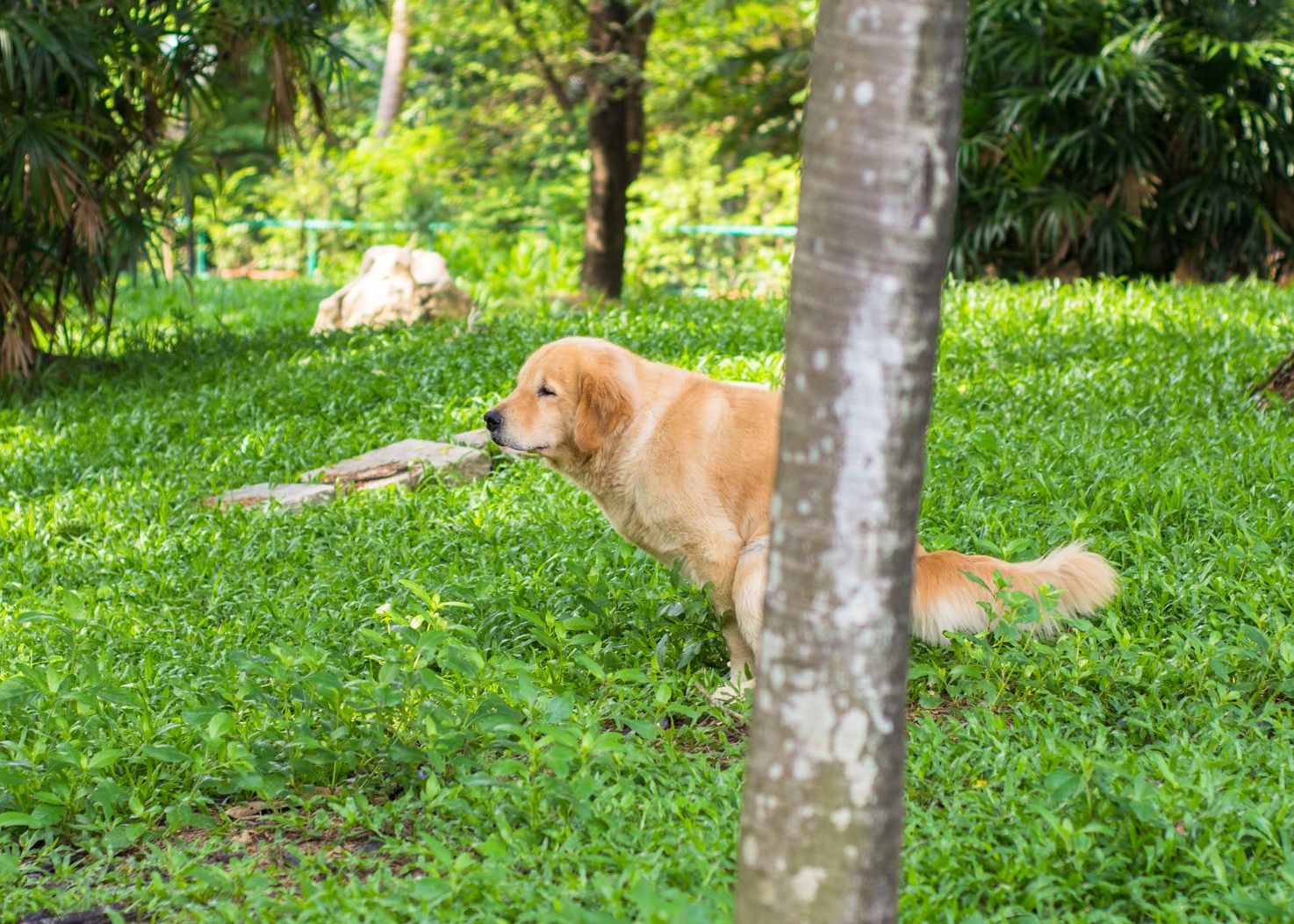What To Feed A Dog With Diarrhea
Doctor of Veterinary Medicine

While efforts are made to answer all questions as quickly as possible, if an immediate answer is required or if your pet is in need of urgent or emergency care, contact your pet's veterinarian immediately.
Doctor of Veterinary Medicine

You will receive an answer from Dr. Lindsay and our vet/tech team as soon as possible, usually the same day.
All answers are provided for informational or educational purposes only, and are intended to be a supplement to, and not a substitute for, the expertise and professional judgment of your pet's veterinarian.
It may be necessary to consult your pet's veterinarian regarding the applicability of any opinions or recommendations with respect to your pet's symptoms or medical condition.
CloseDoctor of Veterinary Medicine

An error has occurred, please reload the page and try again.
CloseWhile efforts are made to answer all questions as quickly as possible, if an immediate answer is required or if your pet is in need of urgent or emergency care, contact your pet's veterinarian immediately.
There is no answer related to your question

Does your dog have diarrhea? Mild, acute cases can often be treated at home. With a bland diet and supportive care, your dog can go back to having solid, healthy stools in no time.
Learn about the common causes of gastric upset in dogs, other symptoms to look out for, and what to feed a dog with diarrhea.
Does My Dog Have Diarrhea?
Diarrhea is characterized by one or more episodes of loose, watery stools. In some cases, your dog may temporarily lose control of their bowels and have an accident indoors. The nerves along the lining of their lower gastric tract may also be irritated, causing them to frequently feel the urge to eliminate, only to pass little or no stool.
What Causes Diarrhea in Dogs?
Diarrhea in dogs may be a result of a bacterial or viral infection, parasites, poisoning, pancreatitis or indiscriminate eating. For whatever reason, the gastrointestinal system becomes inflamed, and as a result, water is drawn into the bowel. Also, food matter travels quickly through the colon before the large intestine can efficiently absorb fluids.
It’s not uncommon for otherwise healthy dogs to experience occasional diarrhea of unknown causes. Mild cases of diarrhea can often be treated at home and may resolve within a day or two. However, frequent, recurring, or severe diarrhea can be caused by a serious underlying health issue.
When To Worry About Diarrhea in Dogs
Diarrhea can lead to mild to potentially life-threatening dehydration in dogs. Senior dogs, puppies, and those with chronic illnesses are at greatest risk for dehydration and should be treated by a veterinarian right away.
To prevent dehydration, it’s crucial to stop diarrhea as soon as possible. For mild cases that call for at-home care, this can be done by fasting, feeding a bland diet, and giving medication to reduce inflammation within the bowels.
Medication and Supplements for Diarrhea
For mild diarrhea, you can use an over-the-counter anti-diarrheal to relieve symptoms. Natuvet Anti-Diarrhea is good to have on hand because it contains kaolin and pectin, ingredients that help eliminate toxins and solidify stools. Fast Balance GI Paste contains vitamins and enzymes, plus probiotics to help restore balance in the gut. Pro-Pectalin is another effective anti-diarrheal for dogs, working quickly to relieve diarrhea with a combination of kaolin, pectin, and probiotics.
Should You Fast A Dog with Diarrhea?
Yes, you can fast your dog for 12-24 hours to give their gastrointestinal tract a chance to recover. When fasting, your dog should have access to clean, fresh water. You can also offer diluted broth in small amounts as a source of electrolytes.
Fasting is not a safe choice for all dogs with diarrhea. Senior dogs, puppies, and those with chronic conditions like diabetes should not be fasted unless under the guidance of your veterinarian. For dogs that cannot be fasted, offer small, bland meals instead of their usual food.
What To Feed A Dog With Diarrhea
When your dog has diarrhea, they may feel weak, nauseous, and uninterested in eating. If they will accept food, or if it’s time to break their fast, offer small amounts of food, no more than about half of their usual meal portion.
Bland foods for a dog with diarrhea should be low in fat and fiber and contain moderate amounts of lean protein.
Many veterinarians recommend feeding white rice and chicken. Lean chicken breast, with any visible fat trimmings removed, should be boiled and drained, then shredded or chopped and combined with mushy, soft-cooked white rice. Chicken can be substituted with turkey or beef, which should be boiled and drained. Do not use meat that has been brined, marinated, or has added salt.
On a bland diet, diarrhea should subside within 48 hours. You can continue to feed a bland diet in place of your dog’s usual food for up to five days. Then, if the diarrhea does not return, you can gradually transition back to their usual food.
Have questions about caring for a dog with diarrhea? Make a same-day televet appointment with VetLive.
Seek veterinary care as soon as possible if diarrhea persists for more than 24 hours, or right away if there’s blood in your dog’s stool, if your dog is a senior or puppy, or if suffering from pain, discomfort, pale gums, fever, or lethargy.
 Swipe
Swipe



























